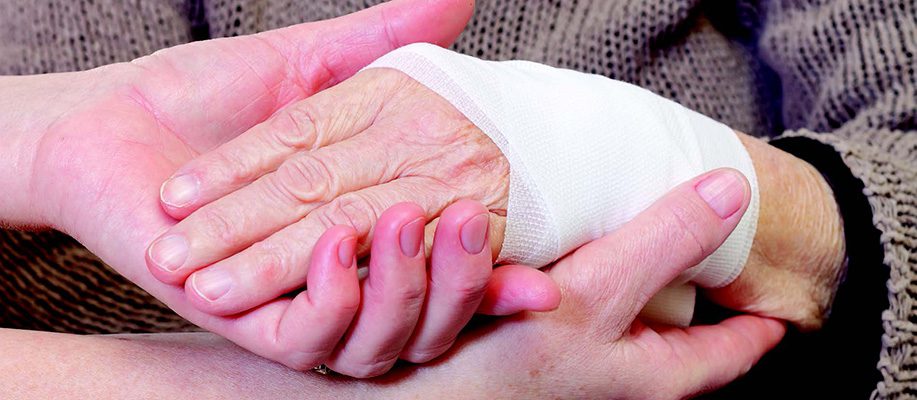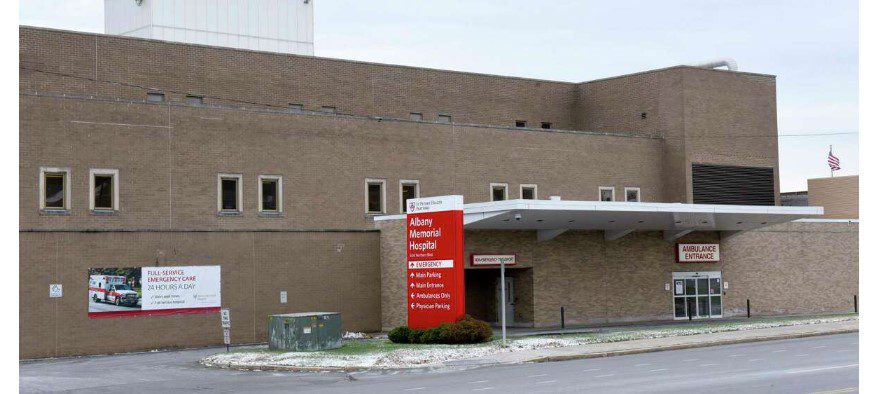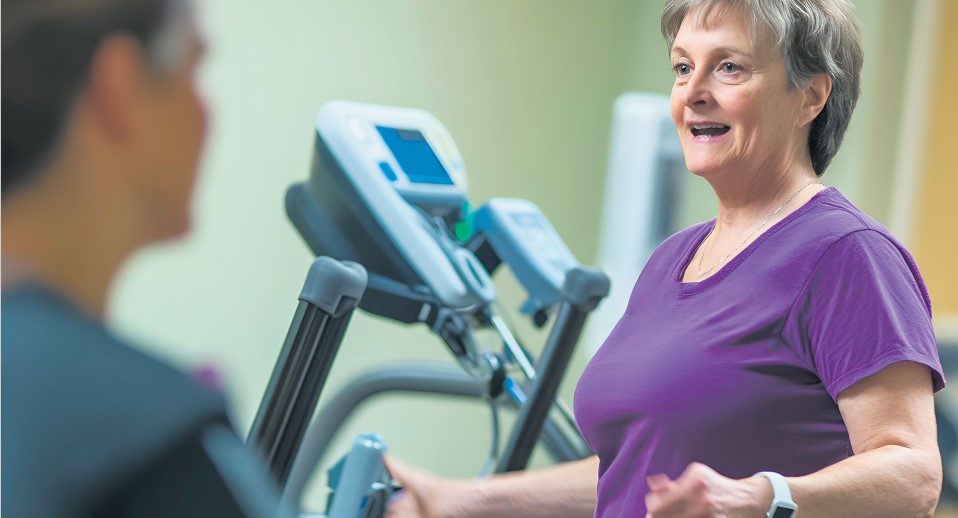
[This story was written by Richard Altwerger, DPM, Medical Director for The Center for Wound Care & Hyperbaric Medicine at Samaritan Hospital, Albany Memorial Campus.]
Even if you’re not an extreme athlete or participate in high-risk activities, you’ve undoubtedly suffered wounds in your life – a scraped knee from a fall off a bike, a bad burn, or a cut on the finger from chopping vegetables.
In the majority of cases, there is little to worry about. The first step is to clean the wound with running water. Don’t worry about a little bleeding, because it helps to flush out dirt and other contaminants. Use soap to clean the skin around the wound.
If the wound is deep and has jagged edges, or if you have not had a tetanus shot in the past five years, you should see a doctor.
Normal wound healing follows a typical pattern.
- The initial stage involves inflammation. Blood vessels at the site of the wound constrict to prevent blood loss and platelets gather to form a clot. During this stage, the wound may feel warm and have a red appearance.
- The next stage is known as the fibroblastic stage. Collagen (connective tissue) starts to grow within the wound, forming a structure on which the new skin will grow as epithelial cells migrate across the wound. This causes the edges of the wound to close in and shrink. Meanwhile, small blood vessels form to make sure the area is nourished with blood.
- During the final maturation stage, more collagen is added and reorganized, eventually causing the wound to heal. This may take months or even up to 2 years to fully mature, and it’s important to take care of the wound throughout this period.
The wound-healing process can be slowed by a number of factors, including too much dead skin or foreign matter, a bacterial infection, continual pressure or irritation or medical conditions that restrict blood flow.
Persons with chronic diseases such as diabetes, heart failure, lymphedema, peripheral artery disease, hypertension or a compromised immune system may find their wounds are slower to heal. In particular, persons with diabetes should seek treatment as soon as possible for any non-healing or worsening wounds.
St. Peter’s Health Partners has a wound care center at Samaritan Hospital, Albany Memorial Campus in Albany, offering specialized care for patients who suffer from chronic wounds. Our skilled and specially trained staff provide treatment, along with education, support, and the resources each patient needs to maximize self-care and healing.
Our program addresses individual needs with the use of comprehensive and innovative treatment options. We work with primary care physicians to efficiently coordinate care for wounds that resist healing, providing treatments that may include dressings and medications; non-invasive evaluation of circulatory status; hyperbaric medicine; diabetes education referrals; specialist referrals; grafts; casting; and surgical options, when needed.
To schedule a new patient appointment, call (518) 471-3705. For more information, visit us at www.sphp.com/find-a-service-or-specialty/wound-care-hyperbaric-medicine/.





